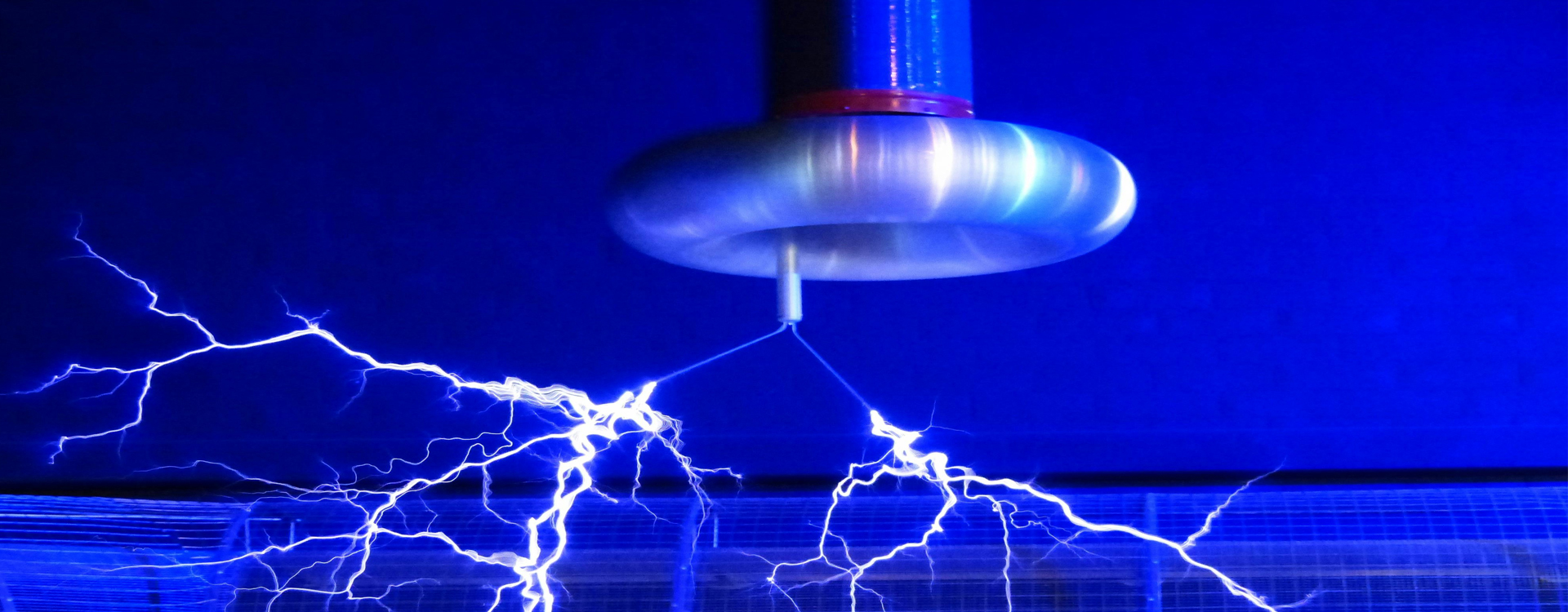Seminar Details
This thesis focuses on designing an observer-based controller with an accurate state space averaging (SSA) model for peak current mode (PCM) controlled non-isolated and isolated converters, including the duty ratio dynamics as a state variable. The previous methods of state estimation using SSA approach didn&rsquot consider the dynamics of duty ratio. Hence, the accuracy of state estimation in peak current mode control (PCMC) was a matter of concern. Here, the investigations are done for ideal DC-DC converters, and then, the possible external disturbances and parameter uncertainties are considered to provide an accurate state and disturbance estimation. With the aid of well-established singular perturbation theories, the difficulties encountered in slow-fast switched converters (SCs) systems have been analyzed and the design of an observer-based feedback controller has been performed.
The various current mode control (CMC) techniques are reviewed and it is found that the PCMC is an efficient and widely used technique in power electronics systems due to their excellent transient responses and inherent current limiting capabilities. However, it has been found that the classical PCMC still has some inherent limitations and challenges, especially the subharmonic oscillations and noise sensitivity due to the use of current sensors. It is, therefore, necessary to address these issues and adopt an appropriate analysis technique to design a fast and robust PCMC under parameter uncertainty and input fluctuations. To deal with these problems, a well-established singular perturbation theory and the basic concepts of disturbance observer have been discussed. Then an observer-based PCMC technique for DC-DC buck converter in continuous conduction mode (CCM) is presented to eliminate the requirement of exact current sensing. This has been achieved by performing the successive time-scale decomposition of the composite slow-fast SCs system operating under the inner PCMC and then transforming it to a reduced slow subsystem model by neglecting the fast mode. Based on this reduced model, we design a full-order state observer (FSO) and analyze the closed-loop system performances with the outer-loop integral controller.
The state-space analysis technique with state augmentation is also used to obtain satisfactory steady-state performances and the natural mode of transient oscillations under different input fluctuations. We show that dynamic performances of the proposed control technique are not only in good agreement with the simulation results and confirm the theoretical analysis, but also exhibit very similar performances of classical PCM controllers having the full advantage of accurate current reference tracking without sensing the current at peaks. Thus, this new approach allows for simpler and more accurate state estimation.



